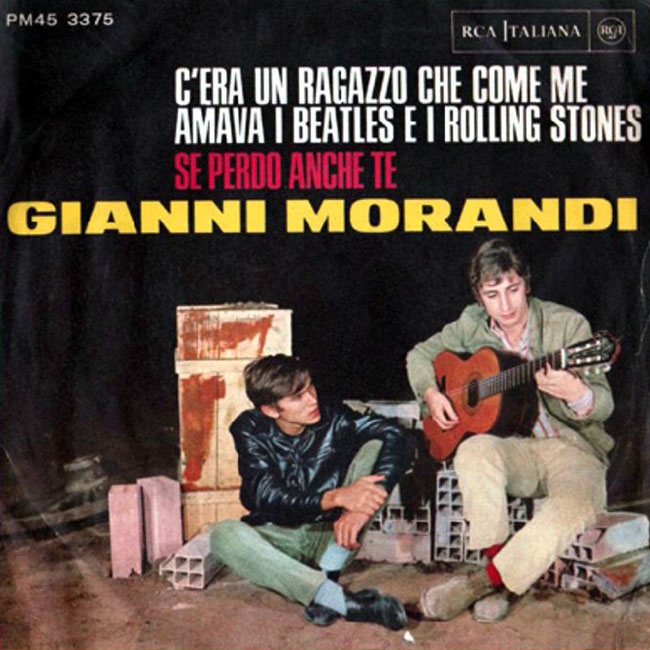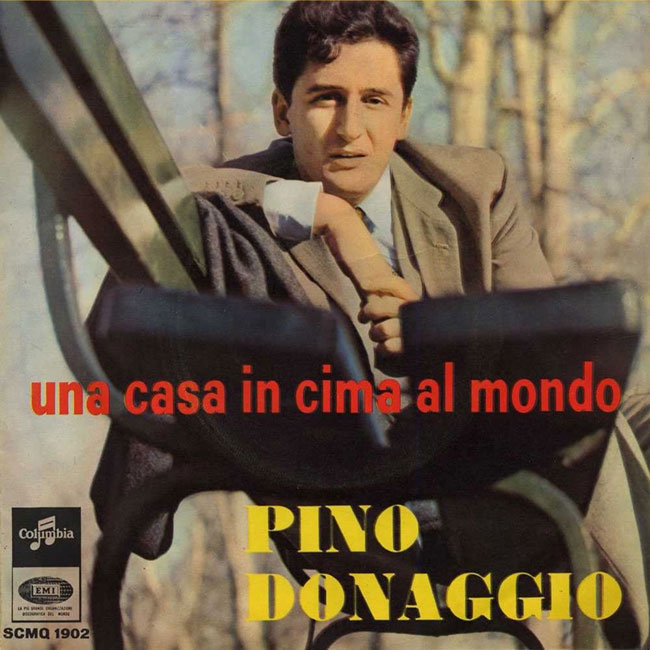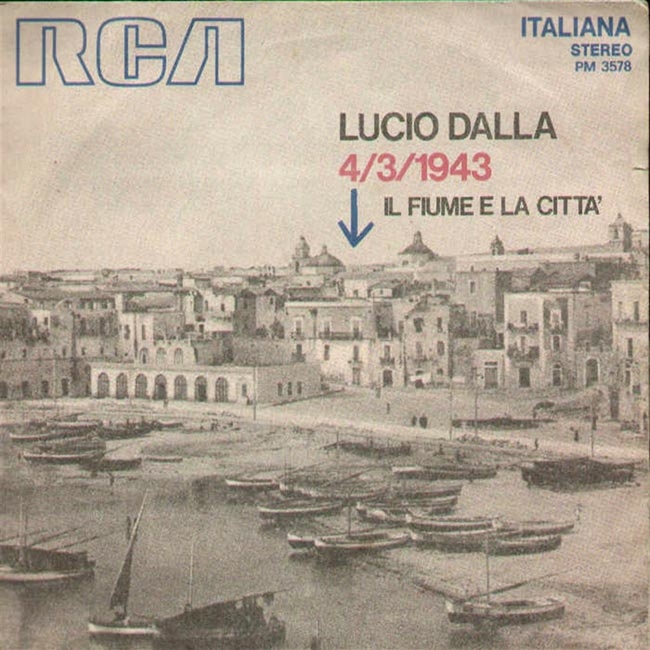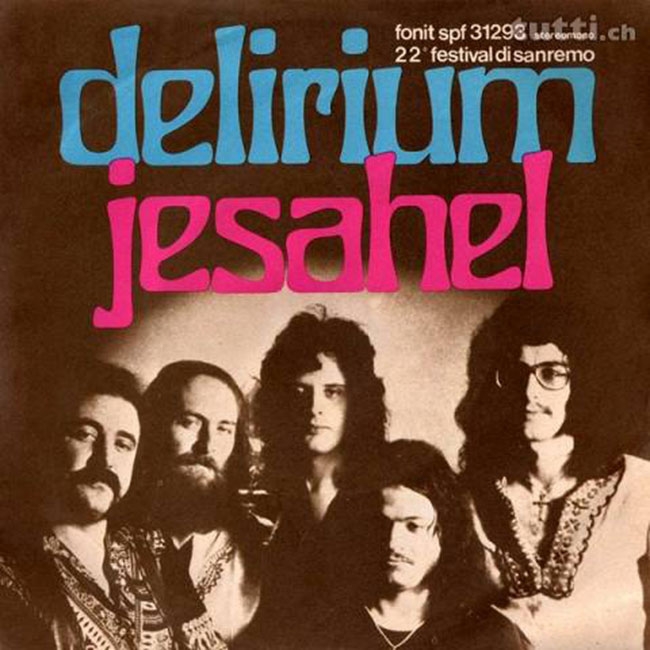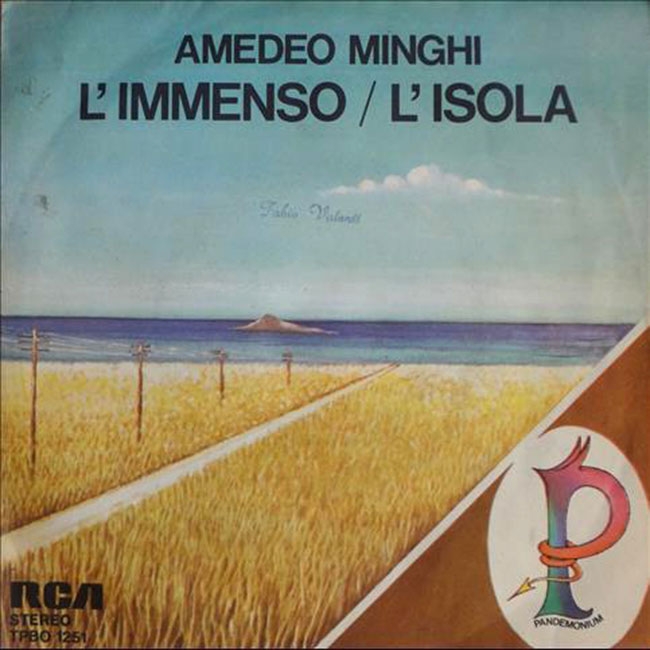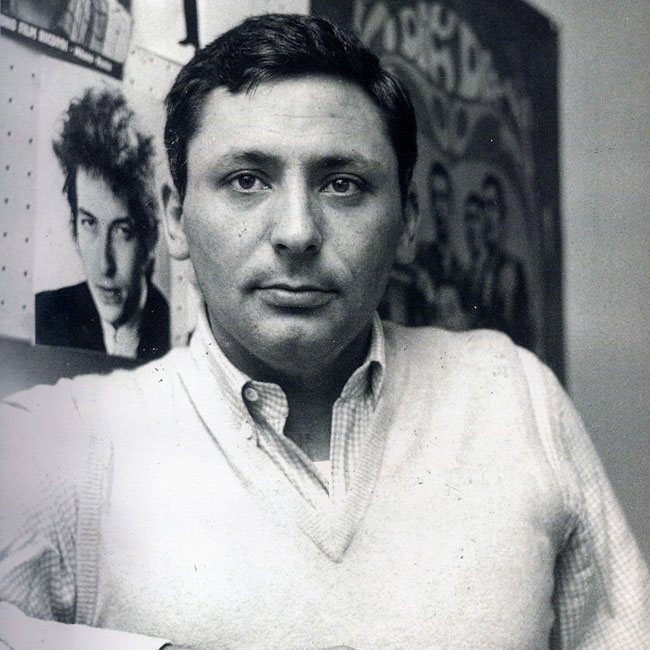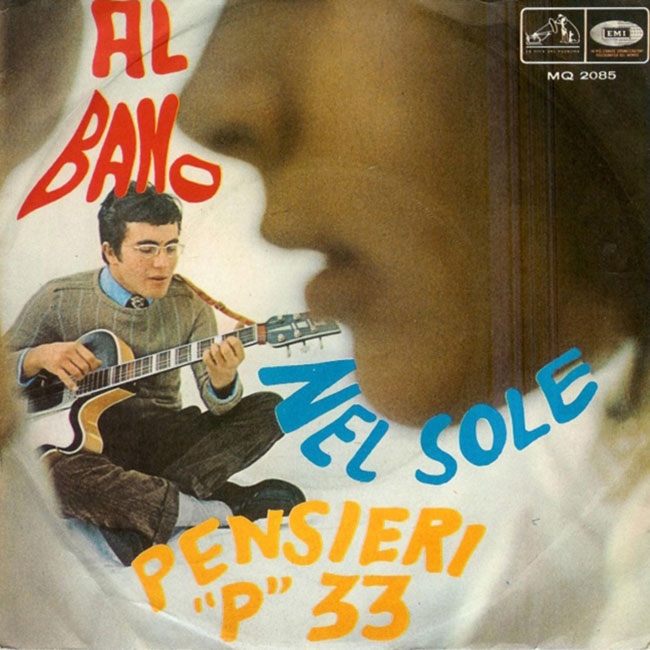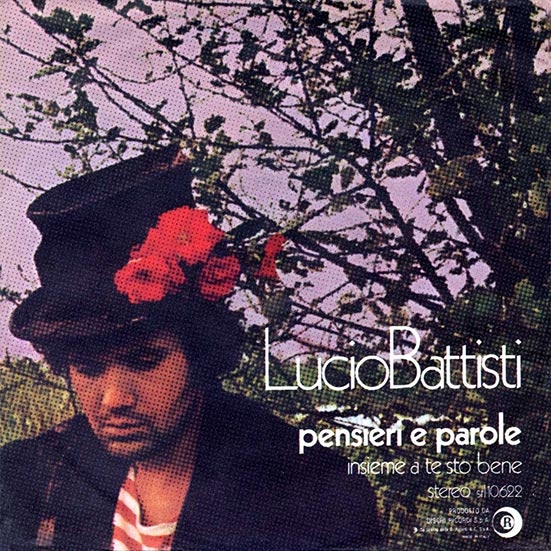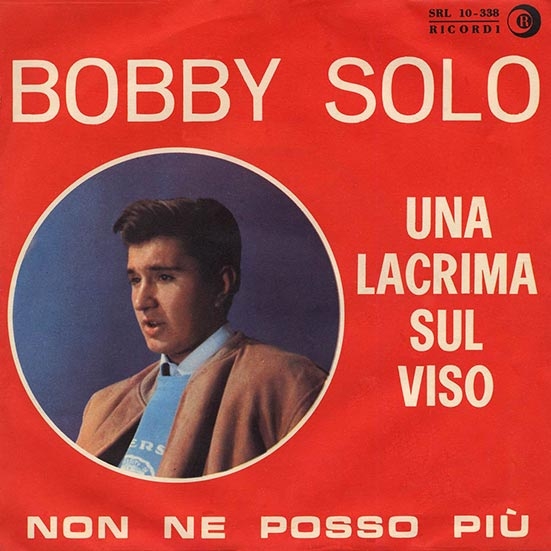
Mario Ruccione playlist
Mario Ruccione
Mario Ruccione (Palermo 1908 - Rome 1969) was a giant of the pre-modern Italian song. Between the 1930s and 1950s he had dozens of hits thanks to an equal number of voices capable of making the most of his melodies in a very singable way. He wrote over five hundred songs, some of which have become timeless, and even if they are no longer performed these day, they are prominent in anthologies and music history books. Starting with some symbolic motifs of the regime such as BlackFace, La Sagra di Giarabub, Spagnolita (a tribute to a local beauty at the time of Francoism) and the Second World War, like Vincere! and La canzone dei sommergibili. Ruccione was very young when he arrived in Rome, moving in theatre and cinema circles, and soon making himself appreciated by Il Duce and the most popular singers of the day: Gabrè, Daniele Serra, Carlo Buti, and Aldo Visconti.
The easy melodic line made his work a progenitor of the national-popular tradition and Ruccione was at his most popular after the war. He made an important contribution to the popularity of the Sanremo Festival, participating in the first eight editions, winning twice, both times thanks to Claudio Villa (Buongiorno tristezza, 1955; Corde della mia chitarra, 1957). He enhanced Villa's career with hit songs such as E la barca tornò sola (his, this infamous lyric, subject of entertaining parodies) and Madonna delle rose. “Reuccio” himself was the interpreter of the vast repertoire in Roman dialect on which Vecchia Roma stands. But Ruccione also added to the Neapolitan song repertoire by participating in various editions of the Naples Festival. In collaboration with the best lyricists of the time (Enzo Bonagura, Michele Galdieri, Giuseppe Fiorelli), he stood out in an era prone to facile sentimentality, tear-jerking dramas, the regime's rhetoric, guaranteeing continuity between the 1920s and the pre-boom 1950s, when radio and cinema promoted a monolithic model of song and performer. His songs had already been made hits by Oscar Carboni, Teddy Reno, Gino Latilla, Nilla Pizzi, Natalino Otto, Luciano Tajoli, Narciso Parigi and many others.

